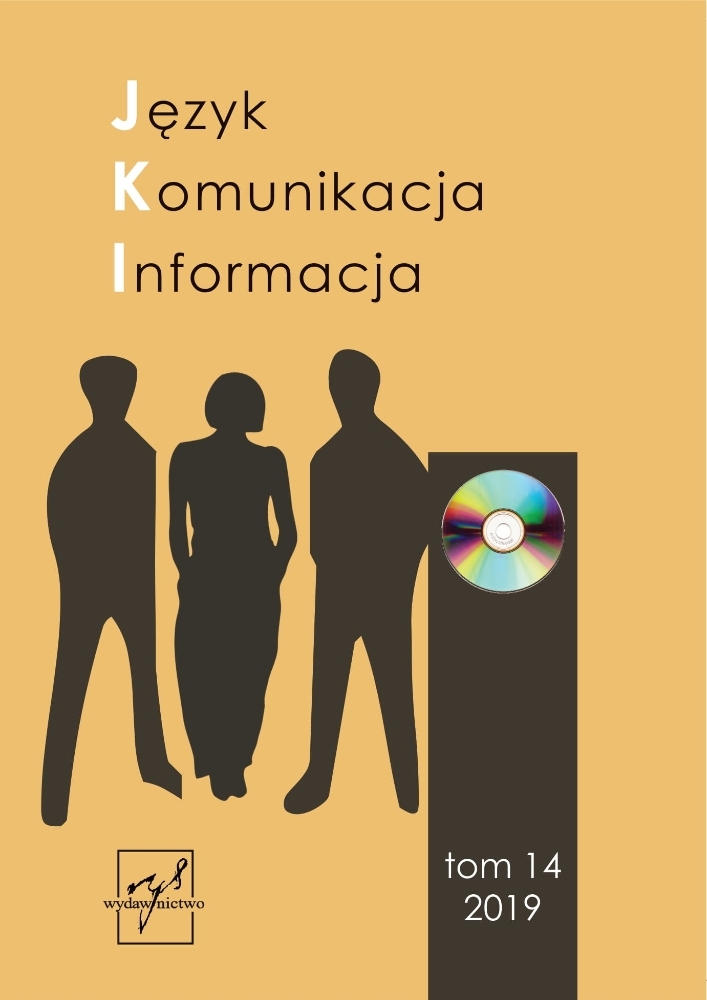Abstract
This study addresses the lexical suffix -ec [εts] in Esperanto (traceable to French -esse, Spanish -eza, Italian -ezza). The approach to word building in Esperanto adopted here is based on content lexemes as word stems, not predestined to a particular syntactic application. It describes derivation as a process which is hosted in the lexicon, affecting semantically categorized stems. The issue of syntactically free versus specialized stems is as old as the language itself, originating in the circumstance that Esperanto’s initiator Zamenhof extracted syntactic word forms from his source languages, but turned these into dependent stems in Esperanto. It was not until the 1960s that the Esperanto Academy formalized its views in the debate, but the question as to how to interpret the parts of speech (PoS) continued to be debated in the esperantological press well into the seventies and, in isolated publications, until today. Only recently (2013–2016) these issues were embedded by the author of the present paper in a universal theory of language, Functional Discourse Grammar. In these studies, the suffix -ec was found to be particularly problematic in that its observed use by Esperanto speakers or writers is far from systematic. Even authoritative Esperanto grammars are of no great help in supporting the language user, as they contain ambiguities and internal contradictions, and do not offer adequate instructions. In this paper, a new approach is proposed. The ruling which results from this is simple, and its unrestricted application would be entirely congruent with the hypothesized flexible PoS-system of Esperanto. However, the day-to-day usage of -ec is neither consistent with traditional prescriptions, nor with the rule which is proposed here. It suffers from a persistent unawareness among the language users of the workings of the PoS, whichever way we look at them, and is driven by disparate mother tongue habits and fossilized conventions, rather than by prescriptions. This is the way a natural language works.
License
Open Access Policy: This journal provides immediate open access to its content on the principle that making research freely available to the public supports a greater global exchange of knowledge.
By sending their contributions authors accept that papers published in this journal are available online free of charge (Open Access) and are subject to the Creative Commons license 4.0 version BY-NC-ND.

